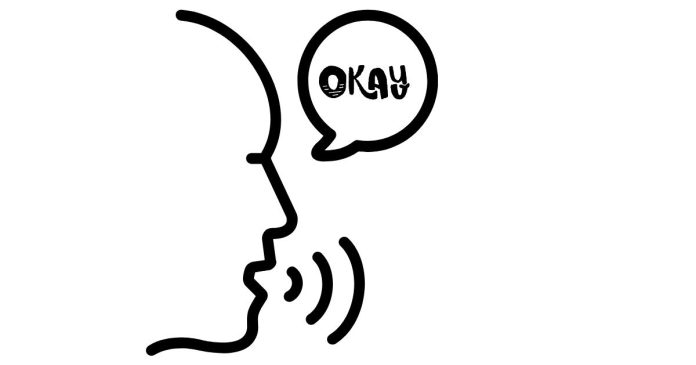In Spanish, there are various ways to say “okay,” depending on the context, formality, and the region. Here’s a detailed look at the different expressions:
- Está bien
- Meaning: “It’s fine” or “All right.”
- Context: This is the most common and neutral way of saying “okay” in Spanish. It is versatile and can be used in formal or informal settings, and it’s understood across Spanish-speaking countries.
- Examples:
- Person 1: ¿Vamos al cine esta tarde? (Shall we go to the movies this afternoon?)
- Person 2: ¡Está bien! (Okay!)
- Vale
- Meaning: “Okay” or “Alright.”
- Context: This word is very common in Spain but may be less familiar in Latin America. It is an informal and friendly expression that can be used in many situations.
- Examples:
- Person 1: ¿Nos vemos a las 5? (Shall we meet at 5?)
- Person 2: ¡Vale! (Okay!)
- De acuerdo
- Meaning: “Agreed” or “In agreement.”
- Context: This is slightly more formal than está bien and is often used in conversations where people are making agreements or confirming plans. It is used widely in both formal and informal settings.
- Examples:
- Person 1: Vamos a comenzar la reunión a las 9. (We’ll start the meeting at 9.)
- Person 2: ¡De acuerdo! (Agreed!)
- Ok
- Meaning: “Okay.”
- Context: Just like in English, “ok” is commonly used in texting or informal conversations. It’s universally understood and used in many Spanish-speaking countries, though it is often written as “ok” rather than spoken.
- Examples:
- Person 1: ¿Nos vemos a las 7? (Shall we meet at 7?)
- Person 2: Ok. (Okay.)
- Bien
- Meaning: “Good,” “Fine.”
- Context: Bien on its own can also be used to express agreement or to indicate that everything is fine. It’s less explicit than está bien, but it’s still understood in many contexts.
- Examples:
- Person 1: ¿Te parece bien si cambiamos el plan? (Do you think it’s fine if we change the plan?)
- Person 2: ¡Bien! (Okay! / Fine!)
- Correcto
- Meaning: “Correct” or “Right.”
- Context: This is a formal way to agree, especially in situations where something has been confirmed as correct. It’s often used in professional or technical contexts.
- Examples:
- Person 1: El proyecto debe entregarse antes del viernes. (The project must be submitted before Friday.)
- Person 2: Correcto. (Okay / Correct.)
- Ajá
- Meaning: “Uh-huh” or “I see.”
- Context: Used to express acknowledgment or agreement in a conversation, often more casual. This expression can also suggest understanding or affirmation.
- Examples:
- Person 1: ¿Sabías que Juan consiguió un nuevo trabajo? (Did you know Juan got a new job?)
- Person 2: Ajá. (Okay / I see.)
- Sí
- Meaning: “Yes.”
- Context: Although sí directly means “yes,” it can also be used to express agreement in certain contexts. For example, if someone asks a question and you agree, you might just say “sí” instead of a more elaborate phrase.
- Examples:
- Person 1: ¿Puedes ayudarme con esto? (Can you help me with this?)
- Person 2: Sí. (Yes / Okay.)
Regional Differences:
- Spain: The use of vale is very common in everyday language. Vale is often used in conversations with friends or family and even in professional settings.
- Mexico and Latin America: Está bien is most commonly used. Ok is also very popular, particularly in casual settings and digital communications.
- Argentina/Uruguay: In some cases, people use dale (meaning “go ahead” or “okay”), a variation of darle (to give), which is informal and commonly heard in conversations.
In summary, while está bien and ok are widely understood, the best way to say “okay” in Spanish depends on your region, the context, and the level of formality.



